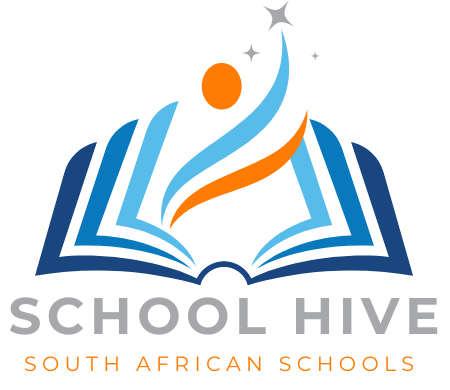Carpe Diem Academy Wingate Park Admissions | Contact Details
Carpe Diem Academy is a Private Secondary in Wingate Park Pretoria in Gauteng, South Africa.
---Advert---
About Carpe Diem Academy Wingate Park
Welcome to the esteemed Carpe Diem Academy, an integral pillar of the educational landscape in the vibrant community of Wingate Park. Carpe Diem Academy is a bustling hub of intellectual growth and development for 405 number of learners. These bright minds are guided, mentored, and nurtured by our dedicated faculty of 30 teachers. Carpe Diem Academy is proud to operate under the aegis of the Tshwane South Education District, which serves as a beacon of educational excellence in the Gauteng region. Carpe Diem Academy is committed to fostering an environment conducive to learning, growth, and advancement for all our students.
Facts:
- Number of Learners: 405
- Number of Teachers: 30
- Education District: Tshwane South
- Sector: Private School
Fees
To estimate the school fees for private schools in Gauteng, South Africa, we must consider several factors: the grade level of the student, the prestige of the school, the facilities and extra-curricular activities offered, among other things. The range for annual tuition fees could vary greatly, from approximately R20,000 to over R100,000 per annum. Please note, these are rough estimates, and the actual figures may be higher or lower depending on the specific school and year.
Here’s a rough breakdown:
Lower-tier Private Schools: These schools tend to be less prestigious but offer a good standard of education. Annual fees can range from R20,000 to R50,000.
Mid-tier Private Schools: These schools offer a more comprehensive educational program and often have better facilities. Annual fees can range from R50,000 to R80,000.
Upper-tier Private Schools: These are often the most prestigious schools with excellent facilities, smaller class sizes, and a wide range of extra-curricular activities. Annual fees can range from R80,000 to over R100,000.
These fees usually cover:
Tuition: This is the cost of the actual teaching. It includes the salaries of the teachers and other educational staff.
Facilities: This includes everything from classrooms and libraries to labs and sports fields. The cost of maintaining and improving these facilities is covered by the school fees.
Materials and Resources: This covers textbooks, online resources, and other educational materials that the students use.
Extra-curricular Activities: Many private schools offer a range of extra-curricular activities, from sports to music to clubs. The cost of running these activities is often included in the school fees.
Administration Costs: Running a school involves a lot of administrative work, and this cost is covered by the school fees.
Remember, these are very rough estimates and the actual fees can vary greatly. Some schools may have additional fees for things like uniforms, school trips, or boarding for students who live at the school. Always contact the school directly for the most accurate and up-to-date information.
Additionally, bear in mind that financial assistance or scholarships may be available for students who excel academically or in other areas like sports or the arts, which could potentially reduce the fees. Always check with the school to see what options might be available.
Uniform
Please contact the school regarding the latest updates on school uniform.
Carpe Diem Academy Subjects
The South African secondary school curriculum, known as the Further Education and Training phase, includes compulsory subjects as well as a choice of optional subjects. The National Senior Certificate is awarded at the end of Grade 12. Here’s an outline of subjects typically offered in South African secondary schools:
Compulsory Subjects:
Home Language: This is typically the student’s first language. It can be any of the 11 official languages of South Africa.
First Additional Language: This is a second language, and it can also be any of the 11 official languages.
Life Orientation: This subject teaches social, personal, intellectual, emotional, and physical life skills.
Mathematics or Mathematical Literacy: Mathematics covers more complex mathematical concepts, while Mathematical Literacy provides basic mathematical skills for everyday life.
Optional Subjects (students usually select three of these):
Humanities:
History
Geography
Religion Studies
Music
Visual Arts
Dramatic Arts
Languages (Third Additional)
Business, Commerce, and Management Studies:
8. Business Studies
Economics
Accounting
Physical, Mathematical, Computer, and Life Sciences:
11. Physical Sciences (Physics and Chemistry)
Life Sciences (Biology)
Computer Applications Technology
Information Technology
Technical Subjects:
15. Engineering Graphics and Design
Civil Technology
Electrical Technology
Mechanical Technology
Services Subjects:
19. Consumer Studies
Hospitality Studies
Tourism
Agricultural Sciences:
22. Agricultural Sciences
Agricultural Technology
Agricultural Management Practices
Please note that the availability of optional subjects may vary from school to school. It’s important for students to select their subjects based on their interests, strengths, and future career plans.
Contact Details
- Tell: 0123452650
- Physical Address: 0123452650
- Website
- Email:
---Advert---
